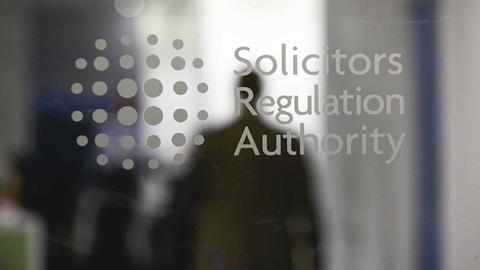A law firm employee whose colleague was jailed for fraud has seen off a £3m conspiracy claim from former clients. The case involved a solicitor who had worked at a firm which was shut down by the Solicitors Regulation Authority, where the owner had been subsequently convicted of fraud and sentenced to prison.
The innocent solicitor was pursued through the courts by former clients of the firm: they contended that she had been complicit in her employer’s fraud and alleged breach of contract and negligence. They sought to amend an existing claim to add allegations against the solicitor of dishonesty and conspiracy.
London firm BCL Solicitors, which represented the defendant and reported the case yesterday, said that the allegations were potentially career-ending and worth £3m in damages.
The firm applied for summary judgment, asking the court also to consider all the former clients’ intended amendment simultaneously.
Deputy Master Hansen gave judgment on 7 March, dismissing the claims in their entirety. The full ruling has yet to be published and the firm has opted not to name the innocent solicitor given the sensitive nature of the case.
As reported by BCL, Hansen found it would be wrong to find its client guilty by association with her former employer and that she had no involvement in any fraud. Allegations of dishonesty and conspiracy to injure were deemed untenable.
The deputy master agreed that, having suffered a loss from a dishonest wrongdoer without assets, the claimants were 'casting around for another defendant they thought might be able to reimburse their losses'. He continued: 'The court will expect career-threatening allegations of dishonesty against a practising solicitor to be made with extreme care and never without a cogent and well-founded evidentiary basis.'
Summary judgment was made in favour of the innocent solicitor and the claimants ordered to pay her costs.
Robert Lawrie, a consultant with BCL who instructed Faisal Osman of 33 Chancery Lane, stressed how much was at stake for the client.
He added: 'The case is a reminder of the need for any claimant alleging fraud to ensure that it identifies the correct defendants, makes the correct claims against them, and has a legal team that can set out the claims accurately and coherently. The case also reinforces the need to identify the inherent risks in any application for summary judgment.'



























